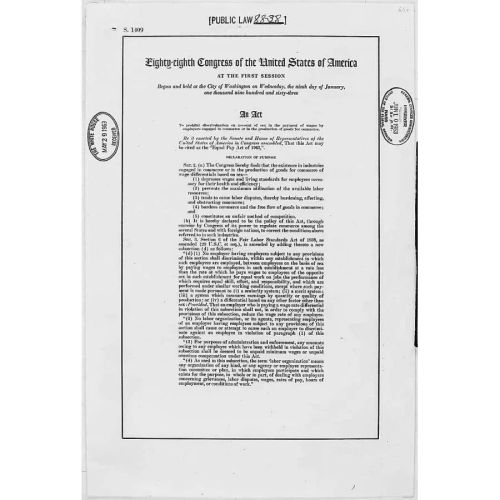#civil rights history
Remembering 14-year-old Emmett Till, who was brutally murdered on this day, August 28, 1955, by white supremacists in Mississippi. Rest in peace, Emmett.

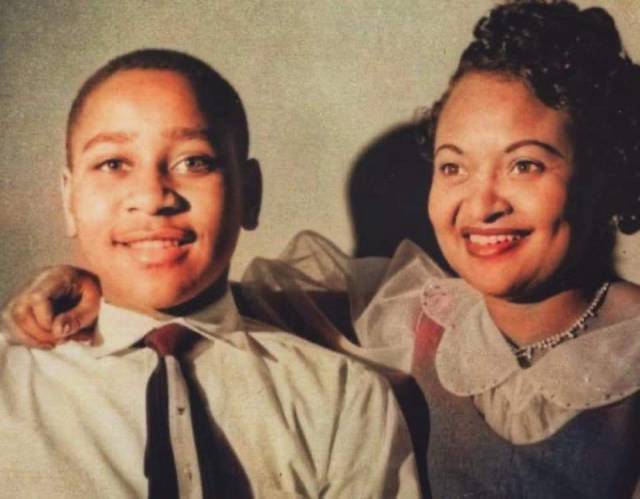
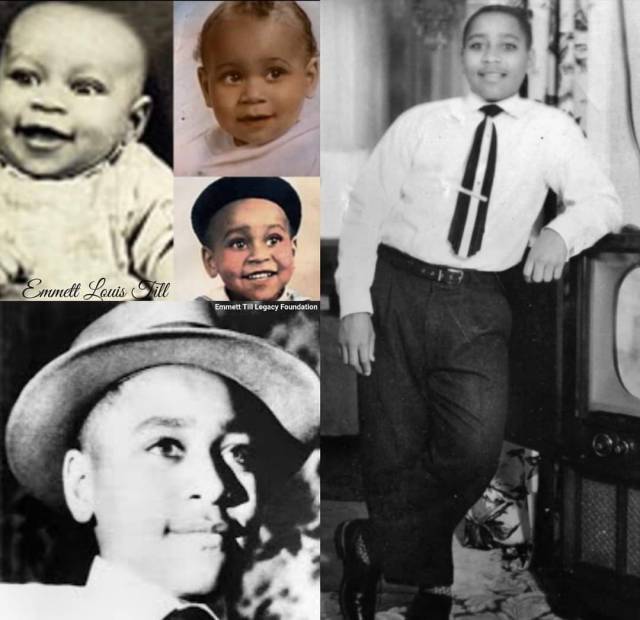
Happy 80th birthday to Emmett Till born on this day, July 25, 1941. Rest in peace, Emmett.
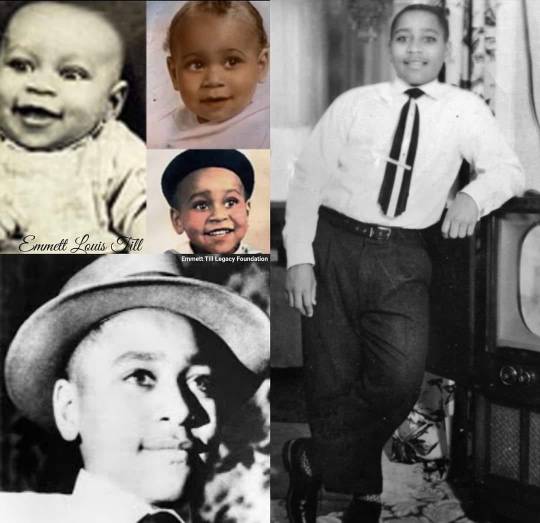
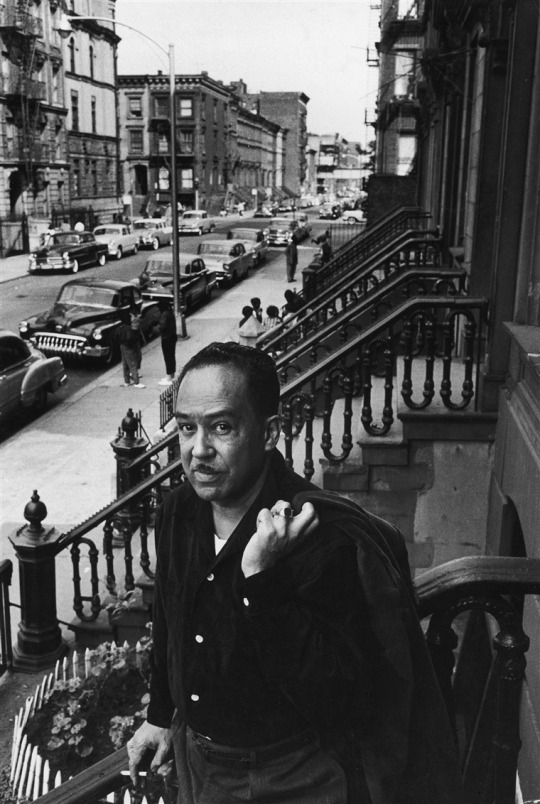
“The Weary Blues”-By Langston Hughes
Droning a drowsy syncopated tune,
Rocking back and forth to a mellow croon,
I heard a Negro play.
Down on Lenox Avenue the other night
By the pale dull pallor of an old gas light
He did a lazy sway….
He did a lazy sway…
To the tune o’ those Weary Blues.
With his ebony hands on each ivory key
He made that poor piano mean with melody.
O Blues!
Swaying to and fro on his rickety stool
He played that sad raggy tune like a musical fool.
Sweet Blues!
Coming from a black man’s soul.
O Blues!
In a deep song voice with a melancholy tone
I heard that Negro sing, that old piano moan–
“Ain’t got nobody in all this world,
Ain’t got nobody but ma self.
I’s gwine to quit ma frownin’
And put ma troubles on the shelf.”
Thump, thump, thump, went his foot on the floor.
He played a few chords then he sang some more–
“I got the Weary Blues
And I can’t be satisfied–
I ain’t happy no mo’
And I wish that I had died.”
And far into the night he crooned that tune.
The stars went out and so did the moon.
The singer stopped playing and went to bed
While the Weary Blues echoed through his head.
He slept like a rock or a man’s that’s dead.

African-American soldier-Union Army-Civil War
On This Day in June 10, 1963: President John F. Kennedy signs the Equal Pay Act of 1963 (Pub. L. 88-38) which is part of the Fair Labor Standards Act of 1938, as amended (FLSA).
The act purpose was “to prohibit discrimination on account of sex in the payment of wages by employers engaged in commerce or in the production of goods for commerce.”
In other words, the act “prohibited sex-based wage discrimination between men and women in the same establishment who perform jobs that require substantially equal skill effort responsibility under similar working conditions.
The act was part of JFK’s New Frontier Program. Alas, almost 60-years later, women are still fighting for equal pay compared to men in the same jobs within the workplace.
#EqualPayAct #EqualPayAct1963 #JohnFKennedy #NewFrontiers #WomensHistory #WomensStudies #CivilRightsHistory #CivilRightsStudies #AmericanHistory #USHistory #History #Historia #Histoire #Geschichte #HistorySisco
https://www.instagram.com/p/CeoH2J4uAaf/?igshid=NGJjMDIxMWI=
Post link
A recent episode of Malcolm Gladwell’s podcast, Revisionist History, delves into the unfair dismissals of black teachers after the Supreme Court’s ruling in Brown v. Board of Education. Gladwell pieces together a narrative drawn extensively from archival sources, including oral histories from Duke University Library’s collection: “Behind the Veil: Documenting African-American Life in the Jim Crow South.”
Gladwell explains that as school systems consolidated, white educators kept their teaching or administrative positions and black educators were fired in many cases or pushed out through marginalization. The National Education Association (NEA), as an advocate for the fair hiring practices of educators, drew attention to this inequity through the dissemination of reports, lawsuits, and statistics for decades after the ruling. The archives of the NEA are held by GW Libraries Special Collections and contain details of this injustice.
After our NEA Archivist, Vakil Smallen, heard the episode he immediately went to the collections to look for further original documentation of what Gladwell described. He found many sources and over the next few weeks we will share examples on our Tumblr.
TheNEA Task Force on School Desegregation in Louisiana wrote a report in 1970,16 years after the Court’s ruling, that details the many and varied accounts of black teachers being humiliated into quitting if they were not outright fired.
What follows are some of the examples of the mistreatment endured by educators of color in the Louisiana public school system documented in this 1970 report:
- Former administrators being demoted to teaching or janitorial positions in newly integrated schools.
- In one case, an elementary school principal with 27 years of experience was asked to teach a subject he was not certified in and he was later terminated on the grounds that he was unqualified to properly instruct on this subject.
- Some accounts detail former principals being reduced to offices in closets or given menial tasks such as being put in charge of attendance or distributing textbooks instead of leading schools.
- Black teachers were far less likely to receive the school assignment of their choice and had to accept assignment to an unwanted school or quit.
- Black teachers were instructed that they could not discipline white students for misbehavior.
Images above:
1. Photograph taken from the December, 1967 issue of the Southern Education Report.
2. Report Snapshot: Sample text from the NEA’s report on Desegregation in Louisiana
3. Headline taken from the Oct. 6, 1968 issue of The Advocate, a Baton Rouge based paper serving the entire state.
Post link

